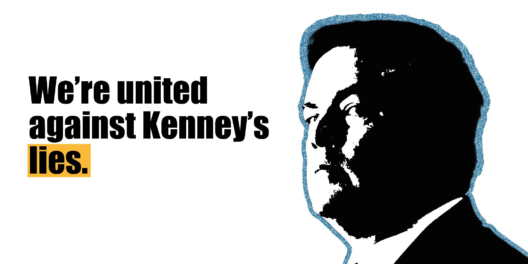If you’re in the business of violating environmental regulations, BC is the place to be.
These regulations exist for a good reason. Not to make life difficult for business but to protect watersheds, native plants and animals, and the land and water on which a healthy environment depends.
It’s like a contract. Profiting from public resources – fish, water, minerals, trees, – comes with an obligation for companies to uphold specific environmental standards. If they do, everyone wins. Hopefully, the company makes money, jobs are created, the local economy thrives, and the environment is protected.
If they don’t, they’re supposed to lose the right to access these shared resources. It should be simple.
Yet time and again, businesses are allowed to break environmental rules without facing any real consequences. We have two examples right in our backyard, the Lois Lake fish farm near Powell River, owned by West Coast Fishculture, and a shipbreaking business in Union Bay owned by an American company called Deep Water Recovery.
Internal government documents indicate that the Lois Lake fish farm has violated provincial Ministry of Environment water quality standards. The fish farm appears to be operating outside of its tenure area as permitted by Fisheries and Oceans Canada. And the Ministry has expressed concern about rampant escapes of farmed fish and their potential impact on a native species of cutthroat trout. However, it remains business as usual at Lois Lake.
In Baynes Sound, Deep Water Recovery has violated BC’s Environmental Management Act and Hazardous Waste Regulations four times.
And what consequences has the shipbreaking company faced? None so far.
BC’s Ministry of Environment has two main enforcement tools; tickets (usually for a few hundred dollars) and charges, which are tried in court. Tickets are too small to be a real deterrent, and using the courts is time-consuming and expensive.
Administrative penalties were introduced as a way for the government to stick violators with heavier penalties without going to court. On paper,r it’s a good idea. However, West Coast Environmental Law (WCEL) investigations show these penalties are not enough to deter repeat bad actors and polluters.
“We are concerned that the Ministry seems not to be using other tools against repeat offenders, such as charges, even where the administrative penalties do not appear to be having any deterrent effect,” WCEL lawyers wrote in a recent blog post.
Between 2017 and 2022, WCEL could find just four court convictions under the Environmental Management Act.
The gutting of BC’s Forests Ministry led to a shift towards self-regulation and self-reporting by the industry. It’s been a disaster for the environmental regulation of BC’s forest sector and ministry credibility. Now calls are getting louder to scrap this ridiculous policy of industry regulating itself.
What message does spineless environmental enforcement send to businesses? It says BC is a place where you can get away with stuff.
Most businesses want clear and transparent environmental regulations that make sense. They’ll play by the rules if the consequences for not playing by them are serious. That’s for sure.
Enforcing environmental regulations requires having enough government field staff and empowering them to do their jobs.
Otherwise, we may as well have the fox to guard the henhouse.





